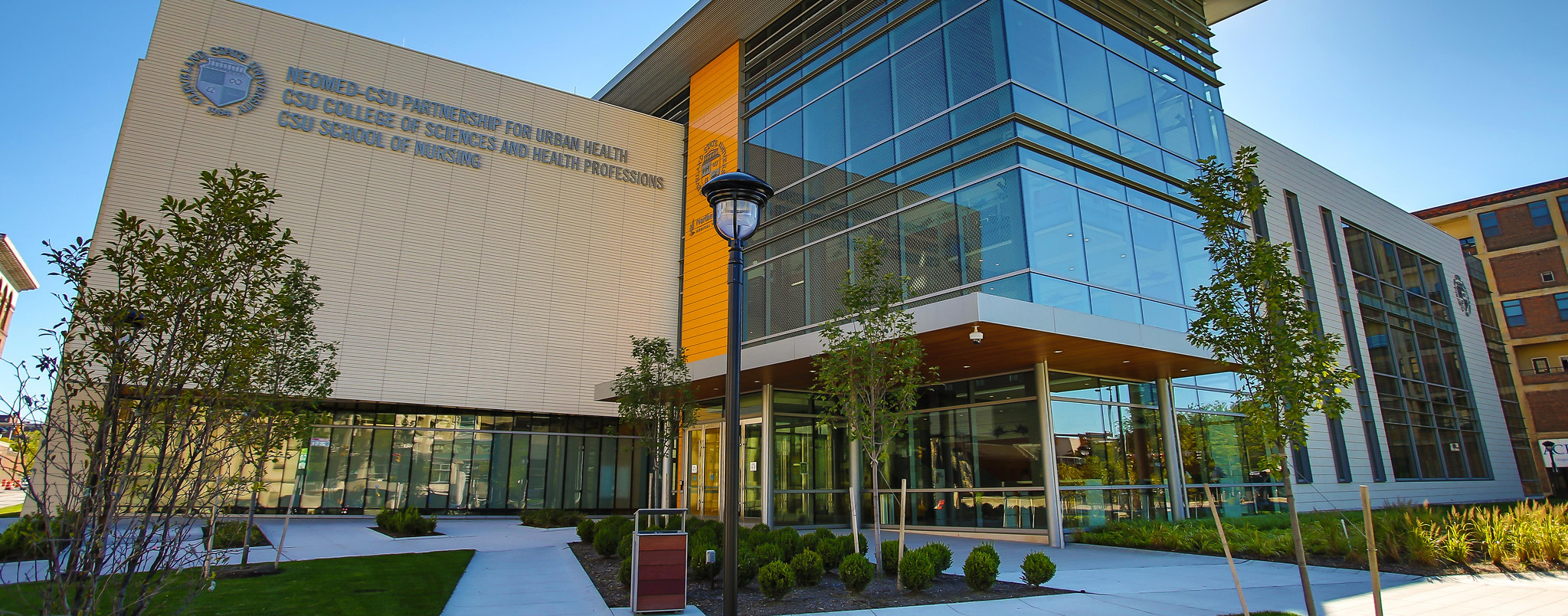Paying for Graduate School

A college degree can transform an individual’s life and drastically improve career opportunities for graduates. College graduates are estimated to make over a million dollars more than their counterparts with only a high school degree. Graduate degrees can open even more doors to things like careers medicine and law, and increase earning potential in other fields. However, this education often comes with a hefty price tag, the average college graduate has $37,172 of student debt. This is something to consider when exploring graduate school opportunities.
Ways to Pay for Grad School
-
Free money first! These include monies you don’t have to pay back.
-
Scholarships, grants, fellowships, tuition reimbursement, and assistantships
-
-
Federal loans
-
Private loans
Checklist
-
Review and current student loans you might have, consider paying interest only while in school to reduce the amount you pay in the long run
-
Fill out your FAFSA
-
The earlier you fill this out the more likely you are to receive aid or federal loans!
-
You’ll need a parent or guardian if you’re being claimed as a dependent on anyone’s taxes
-
-
Check out scholarship and assistantship opportunities at the schools you’re considering
-
Don’t forget to take into account the cost of living when making your budget (i.e. rent, food, books, etc.)
Still, have questions about financing graduate school? Head on over to our Financial Assistance page for more info!
Source: Debt.org
Written by: Leah Mercedes Sprock
Master of Arts in Clinical Psychology, Current Student


